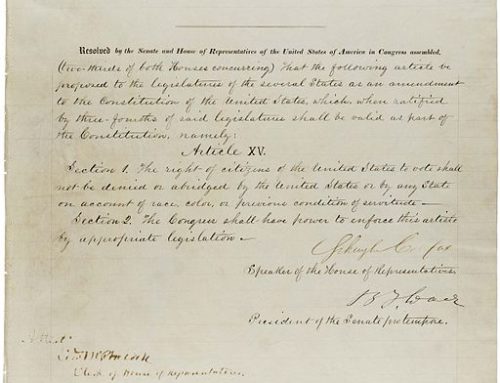Over the years I have thoroughly enjoyed Great Courses. In the past few days, I have listened to a series of lectures on the Constitution. In brief, this agreement between the original thirteen states was conceived in 1777, came into force March 1, 1781 and was replaced by the United States Constitution that began 1789.
Under the Articles of Confederation, the thirteen colonies ineffectively operated. The most glaring error was the failure to pay American soldiers, many of whom earned no income for years. Only through the efforts of George Washington was a mutiny prevented that could have led to a military dictatorship.
The articles were too weak for an effective government.
President could only serve 1 year
No executive agencies
No judiciary
No tax base
In brief, the 13 colonies could not have remained independent if the Articles of Confederation would have remained in effect. The individual colonies that on an individual basis were closer to Great Britain than each other would have formed association with foreign governments.
While a few colonies were solvent, many were insolvent. Each colony issued paper money that did not have national credibility
The Confederation lacked taxing authority to (1) form a national army (2) repay debts to foreigners—such as countries such as France and Netherlands that lent America money during the American Revolution. The inability to repay debts meant that after the American Revolution America had no international standing. Great Britain highlighted our follies
The articles did call for
Establishment of the “United States of America”
Each state retained sovereignty, freedom
The purpose was common defense, securities of liberties, and the right of free travel between the former colonies
Only the central government could declare war, conduct foreign political or commercial relations.
Congress shall regulate the post offices, appoint military officers
Important politicians such as George Washington, James Hamilton, Benjamin Franklin, and John Adams wanted a much stronger central government.
Shays’ Rebellion (1786-1787); This uprising in Springfield, Massachusetts comprised 4,000 former soldiers who perceived economic and civil rights injustice. For example, farmers lost their property because they did not possess hard currency to pay taxes. Many farmers were either entirely self-reliant or used barter to get needed goods and services.
Ultimately, a national guard was called out to defeat Shay’s rebellion. With the exception of two men who were hanged, general amnesty was provided the rebels.
George Washington’s fear of the long-term impact of Shay’s Rebellion brought him back into public life. Washington, by far the most important national figure, led credibility to the need for a new constitution.
In April 1787, James Madison who is considered the “Father of the Constitution” wrote a strong criticism of the Articles of Confederation, called Deficiencies of the Confederation
Failure of the States to Comply with the Constitutional Requisitions: The states never abided by the terms of the Confederation and the national government did not possess enforcement mechanism
Encroachments by the States on Federal Authority. The states took important action on their own such as Treaty of Georgia with Indians; unlicensed compacts between Virginia and Maryland
Violations of the law of nations and treaties: The states did not abide by national treaties with France and Holland
Trespasses of the States on the rights of each other: Individual State Paper, restriction of traffic between the colonies, no standardization of repayment of debt by individual states to foreign governments
Ineffective cooperation in matters where common interest requires it: No common effort to build canals, uniformity of laws. Under the articles of confederation, the United States could not take progressive steps required for a country to remain viable.
Lack of Security for Citizens against internal violence: the states lacked the police power to protect their citizens.
Lack of Implementation of Confederation Laws to individual colonies: The central government cannot enforce its laws throughout the former 13 colonies
Multiplicity of laws in several States: Inconsistency of laws within states caused confusion for citizens
Concern over quality of political leaders: Madison feared that a local public official will amass such power that he will undermine democratic institutions within a given state
Over the next few weeks, I will try to share what I have learned about our Constitution.
Originally published in the Sarasota Herald-Tribune



